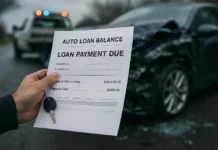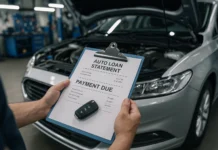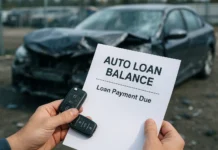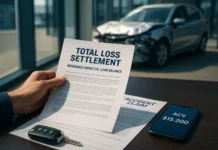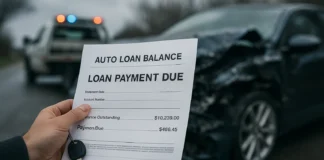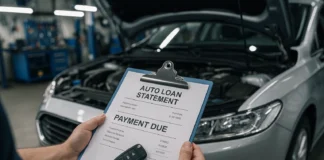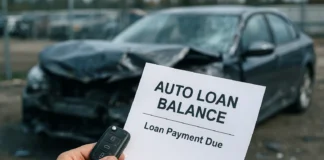Okay, real talk. My Camaro’s my baby, but every two years, I’m a nervous wreck at the smog shop, praying it doesn’t choke. Leno’s Law was gonna exempt Leno’s Law’ vintage cars from 1990 or earlier, as long as they had historical plates and collector insurance. It’s about Leno’s Law’ vintage car topic where I read on Road & Track that Leno told lawmakers these tests are a nightmare—old equipment, $200 bills, and some folks are straight-up registering in Nevada to dodge it. I get clean air’s a big deal, but c’mon, my car’s not the bad guy here.

The Gut-Punch of Leno’s Law Failing
When I heard Leno’s Law tanked, I was at a Fresno car show, sweating through my shirt, chugging a lukewarm soda. Some dude with a ’69 Charger was ranting about his failed smog test—said the shop’s machine was practically prehistoric. Leno’s Law’ vintage car hopes were dashed as I fumbled my phone trying to tweet my frustration, cracked the screen a bit—classic me. Now I’m wondering if I’ll ever afford the mods to keep my car legal.
What Leno’s Law Promised Vintage Car Owners
Here’s the lowdown on what Leno’s Law was about for vintage cars:
Skip smog checks for cars 35+ years old (1990 or earlier, baby).
Gotta have historical plates, so no daily driving—just shows or club stuff.
Collector insurance with mileage caps, which, okay, fair enough.
Capitol Weekly said the car community was hyped, with Leno himself at the Capitol, probably cracking jokes while preaching classic car rights. Dude’s got, like, 300 cars, so he gets it. I was fantasizing about cruising Highway 1 without a smog fail hanging over me. But the bill got stricter with amendments—those plates and insurance rules felt like a leash. Still, I’d take it over this mess. Now I’m hunting for rare parts, praying I don’t get fined, and cursing my bad luck that Leno’s Law’ vintage car provisions didn’t come through.

My Screw-Ups and Lessons Learned
I’m gonna be real—I’ve messed up plenty. Last smog test, I forgot to tighten a hose, and the tech gave me this look like I was the dumbest guy alive. Cost me $180 and a week of panic-ordering parts. Leno’s Law would’ve saved my sorry butt, but I’ve learned my lesson: check every damn thing twice. Tip: keep a notebook for every tweak you make—it’s saved me when the smog guy starts asking questions. Oh, and don’t cheap out on gas; my Camaro stalled mid-test once ‘cause I used the cheap stuff. Hagerty Media says states like Arizona don’t sweat vintage cars as much, and I’m half-ready to pack up and go. But California’s home, even if it’s a pain in the ass.
What’s Next for Us Vintage Car Owners?
Collector car exemption is still a dream, but SEMA says Leno’s Law moved the needle in a 20-year fight. I’m in this garage, staring at my Camaro, the radio blasting some old Springsteen, wondering if I should start a petition or just keep wrenching. Maybe 2026’s our year. Leno’s push—he’s still out here for us.
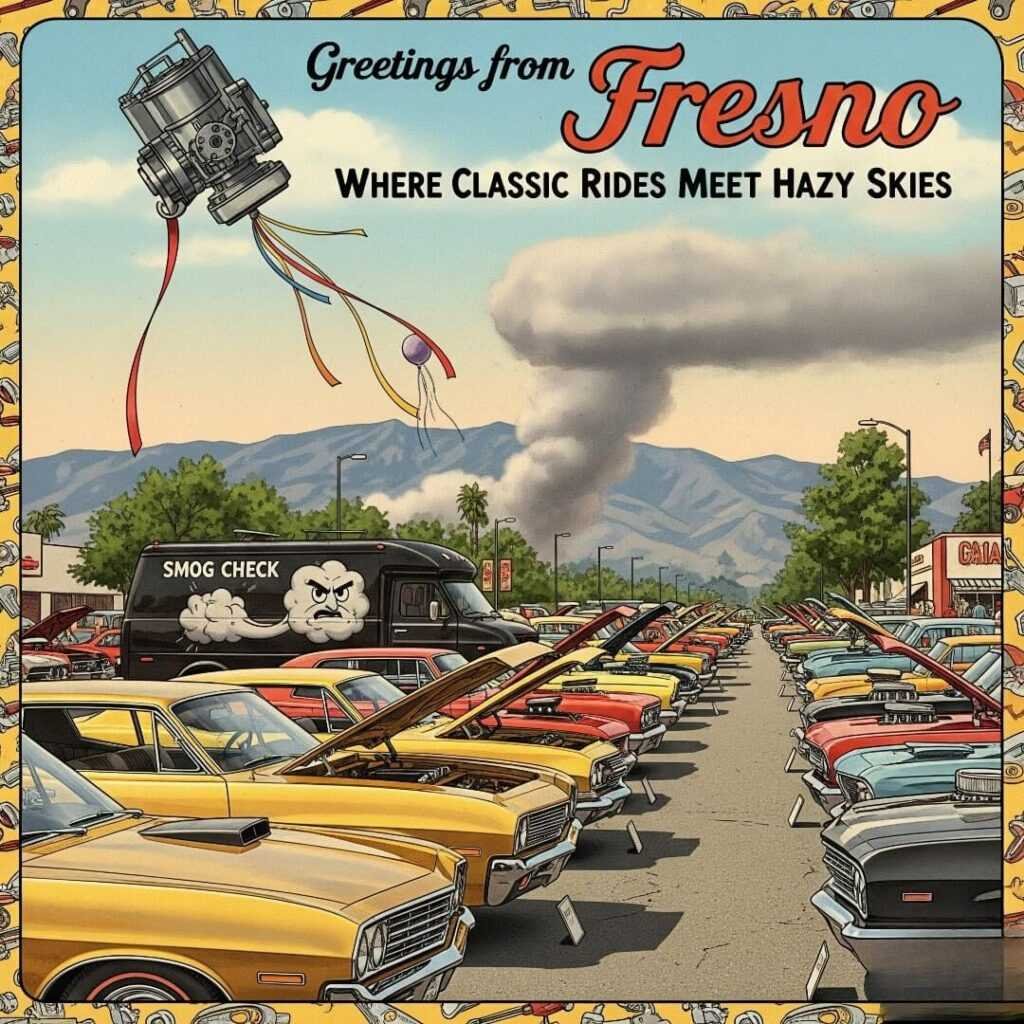
Wrapping Up My Leno’s Law Rant
Leno’s Law was my shot at less stress, and yeah, I’m salty it didn’t happen. My Camaro’s worth the fight, though, even if I’m a clumsy idiot half the time. If you’re a vintage car owner like me, hit up car shows, bug your lawmakers, keep your ride alive. Got a smog test horror story or a hack to share? Drop it below—I need the laughs. Let’s keep fighting for classic car rights, yo.
Outbound links
Hagerty Media
ABC7 Los Angeles

























